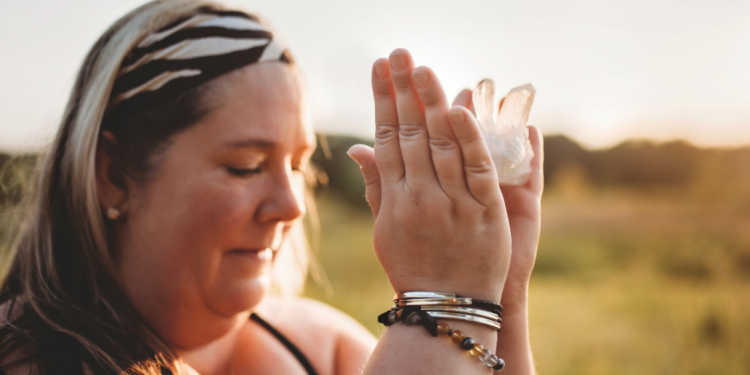By Amy Zellmer, Editor-in-chief
I am so excited about this issue on Mindfulness. It helped not only in my recovery, but in my everyday life.
Learning to focus on the present moment — the right-here-and-now — instead of worrying about what you have to do later, or whatever it was you did earlier, has a remarkable way of keeping us focused, calm, and present.
There are many ways to practice mindfulness, including meditation, movement, visualization, yoga, breath work, and more.
It’s natural for our minds to wander, and for unwanted thoughts to take over. It’s how we handle these thoughts that make all the difference. By realizing we don’t have any control over what already happened and learning to live in the present moment, we free ourselves from unnecessary stress and anxiety.
I personally love to start my yoga classes with some grounding and mindfulness. Reminding everyone to just be in the present moment and not worry about what’s next or what we worked on prior to class. As we move through our yoga practice and focus on the poses, movement, and breath, it is easy to be in the present. I say “easy,” but don’t get me wrong — it still takes practice to get there.
While some may immediately resonate with mindfulness and be able to practice it effortlessly, others need to work at it and make a conscious effort. No matter where you fall on this spectrum, know that mindfulness will have a profound effect on your mental health and focus.
In the pages that follow you will read some great articles on how to practice mindfulness, and the science behind mindfulness. You can use a lot of great YouTube videos and guided meditation apps to help you learn and continue to practice mindfulness.
As your practice grows, you will notice it becomes easier to overcome anxious thoughts and to get yourself into a more concentrative state of mind.











